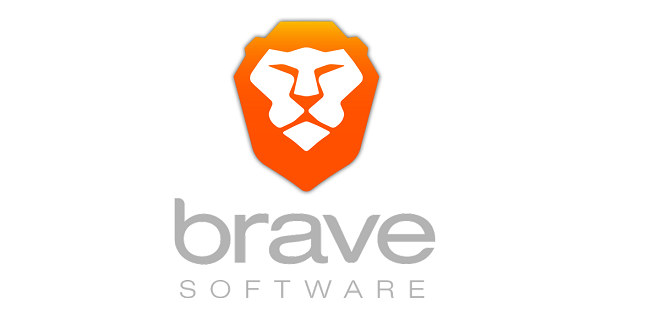The Newspaper Association of America (NAA), a trade organization representing over 2000 newspapers, has filed a complaint with the FTC urging it to investigate "unfair and deceptive" practices of adblockers. The opening paragraphs set the tone for the complaint. The NAA refers to adblockers as "free-riding technologies" which pose a "clear and present danger to an ecosystem that has created a vibrant, content-filled Internet for the American public."
After raising the alarm about adblockers in general, the complaint draws attention to specific practices that it the NAA considers to be "inherently deceptive to consumers." The first practice is paid whitelisting, and the complaint draws attention to Adblock Plus specifically on this issue. The complaint states: "Ad-blockers falsely represent to consumers that they will receive only ads that satisfy an objective 'quality' standard (or no ads at all) when consumers download the app or service. But in fact, consumers receive ads because the owner of Adblock Plus requires payment from advertisers or advertising platforms to pass their advertising to consumers."
The next practice targeted by the complaint is that of replacing the blocked ads with alternative ones. It singles out the Brave browser for this practice. Brave states that it is trying to give people higher quality ads free from malware and trackers, but the NAA argues that Brave is not clear as to what constitutes "higher quality." The NAA also raises the concern that adblockers will replace ads to spread their personal views and users may mistake those views as belonging to the publishers whose ads are being blocked.
The complaint also mentions new payment systems that some adblockers have implemented which allows users to give money to support the sites while enjoying an ad-free experience. The NAA's main issue is that some adblockers are claiming the payments will offset the lost revenue from the blocked ads. The NAA claims this is a deceptive practice, and the FTC should prevent adblockers from making that claim.
The final practice mentioned in the complaint are systems which allow users to circumvent paywalls. It explains that some sites which require a paid subscription allow readers to access a limited number of articles for free per month. Some adblockers will prevent news outlets from identifying repeat visitors, allowing them to read an unlimited number of articles per month. The NAA considers this an anticompetitive practice which threatens the business model of many publications.
The Electronic Frontier Foundation(EFF) published a post rebutting some of the points raised by the NAA. Their biggest beef is with the NAA's final point which argues against systems that can be used to circumvent paywalls. The EFF argues that users may have legitimate privacy concerns about being tracked across multiple visits. The post states:
Internet users have many legitimate reasons to stop websites from tracking them across multiple visits. That’s why most modern browsers include a “private” or “incognito” mode. It’s also one of the important features of the Tor network, which is designed to allow for anonymous Internet use over time.
Outlawing privacy-enhancing software simply because it might interfere with the operation of some newspapers’ metered paywalls would be profoundly anti-consumer. The FTC, which puts considerable resources into enhancing consumer privacy and encouraging the development of new privacy tools, would depart from its mission if it agreed to NAA’s request.
Regarding ad substitution, the EFF argues that users have the right to alter the appearance of web pages in any way they wish, including replacing ads. The EFF reiterates a statement originally made in 2005, "when I visit your website, and you send me a page in response, I should be able to do whatever I like to manipulate it on my end. Display it in purple, suppress images, block pop-ups, compare prices from other vendors, whatever." However the EFF does concede that, "A browser plugin that alters the appearance of webpages in ways that users don’t understand or consent to could be just as abusive as an ad network that profits from the surreptitious collection of users’ personal information and browsing habits." The EFF ultimately concludes that its reasonable for the FCC to intervene if adblockers are not honest with users about how they alter web pages.
The EFF also responds to the NAA's request that adblockers should be prevented from making claims that their payment methods offset lost revenue from blocked ads. The EFF states, "It's reasonable and expected that the FTC will take action against statements that deceive consumers, but NAA's examples may not rise to that level." The post concluded that the NAA may have raised some legitimate concerns, but cautions the FTC to only take action against practices which are truly deceptive, and not to interfere with consumer choice.
Does the NAA have legitimate complaints against adblockers or are they trying to shut down acceptable practices? Leave your comments below.







